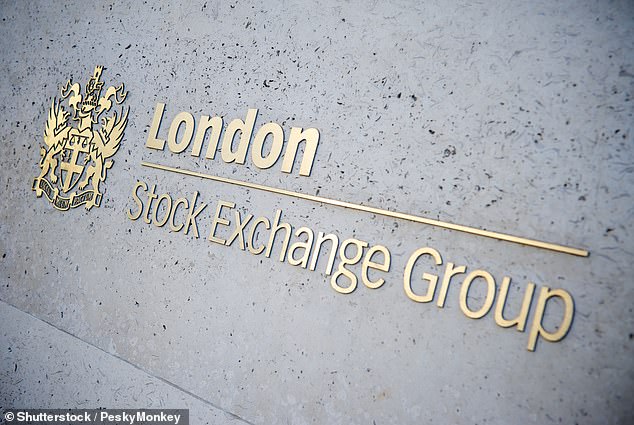Ministers have been urged to give entrepreneurs tax breaks to list their firms in the UK.
John Farrugia, co-chief executive of City broker Cavendish, said this would help boost the ailing stock market and save promising start-ups being picked off by private equity.
He argued that current reforms designed to revive the City did not go far enough.
‘What is required is to incentivise the entrepreneur themselves to want to IPO [initial public offering] because right now the way the markets work is private equity – UK, Europe, US – literally crawls over the best UK companies,’ he told the Mail.
‘They literally go down the private equity route. I think if the Government offered real tax breaks to the entrepreneur to list their companies there would be positive indirect benefits where you’ve now got great, great companies being public, and not owned by private equity.’
Farrugia said over a decade, that could ‘begin to transform liquidity in the UK market’ – meaning more money ready to invest in companies because there would be ‘a lot more better, greater UK companies being listed’.

He said it was a ‘shame’ that so many firms were instead being snapped up by private equity ‘because it means the public never get a chance to own such companies’. Farrugia, like many others in the City, also thinks stamp duty on shares must be axed. The system means a 0.5 per cent charge is levied on buying UK-listed equities – even though no such charges apply when buying US stocks.
It effectively discourages investors from buying shares in UK-listed companies.
But Farrugia added: ‘I don’t think that moves the needle enough. It needs the entrepreneur to go ‘I want to IPO’. Right now we just don’t have enough companies wanting to go down that route.
‘If you can transform the mindset of the entrepreneur you potentially change the whole UK dynamics over a ten to 15-year period.’ The Government is pinning its hopes on the Mansion House reforms, designed to unlock £50bn of pension funds to invest in growth companies.
But Farrugia said the efforts were ‘not enough’. He added: ‘They’re trying to, but a lot of that [£50billion] is spoken about going into the private market and it’s the public markets that need to be reinvigorated.
‘You have to start from the bottom and the bottom means the entrepreneur, the business owner themselves wanting to go down the IPO route.’
Last year, a total of 88 companies either delisted from the London Stock Exchange or transferred their primary listing overseas, with only 18 joining in their place.
DIY INVESTING PLATFORMS
Affiliate links: If you take out a product This is Money may earn a commission. These deals are chosen by our editorial team, as we think they are worth highlighting. This does not affect our editorial independence.

